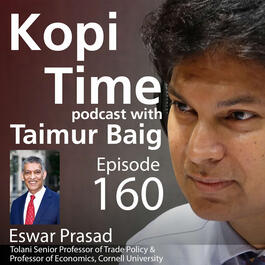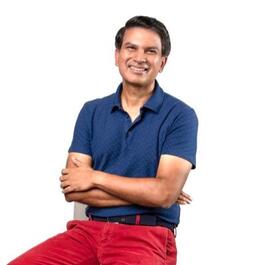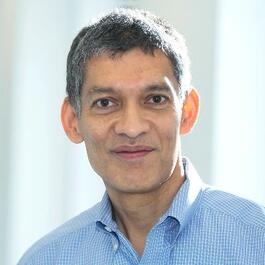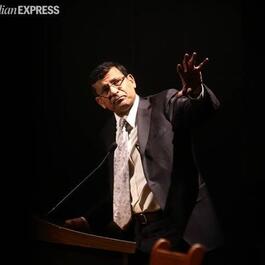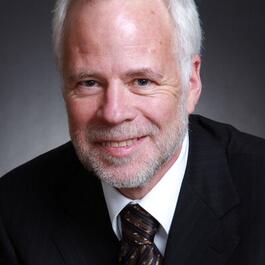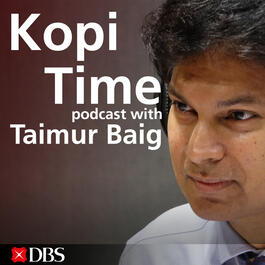
Kopi Time podcast with Taimur Baig
Kopi time is a podcast series on insights from markets and economies around the world, hosted by Taimur Baig, Ph.D., Chief Economist of DBS Bank Ltd.
Show episodes
Jawed Ashraf, with over three decades in Indian foreign service, including Ambassador to France and High Commissioner to Singapore, offers his insights on India’s foreign policy here and now. We begin with the India-Europe relationship on trade, investment, tech, talent, travel, and visas, which leads to the challenges
We welcome back Arvind Subramanian, Senior Fellow at the Peterson Institute for International Economics, to Kopi Time. We focus on some recent work by Arvind and Shoumitro Chatterjee (see article here), in which they argue that China’s continued dominance in low-skill export sectors reflects not just efficiency, but de
In this episode, I deliberate over the recently concluded IMF-World Bank annual meetings. The IMF Meetings in Washington DC featured some recognition of global resiliency amid geoeconomic fragmentation. Concerns about numerous risks at play have not faded though. Governments and firms are dealing with erratic policy ma
Dr. Dong He, Chief Economist of ASEAN+3 Macroeconomic Research Office (AMRO), joins Kopi Time to discuss the regional outlook. Dong weighs in on the impact of high US tariffs on the regional economy, the growth outlook, space for fiscal and monetary support, implication of the weak dollar environment, financial stabili
Jeff Johnson, MD and General Manager for Asean at AWS, joins Kopi Time to talk about all things cloud. We begin with AWS’s reach and scale, spectrum of services, and regional engagement. Jeff provides a host of examples to underscore enterprise usage with disruptive technologies, both AI and GenAI. He also sets the gro
We go deep into stablecoins, the idea and practice of which have been around for a while, but a few things have happened this summer to make the matter catch major momentum. To parse through these developments (especially the US GENIUS Act), outlook, and risks, we welcome back Eswar Prasad, the Tolani Senior Professor
